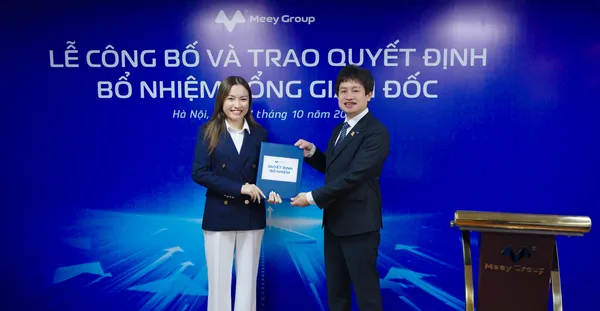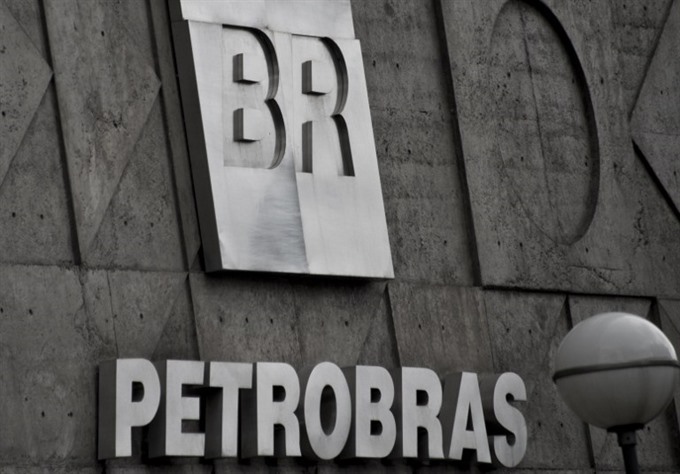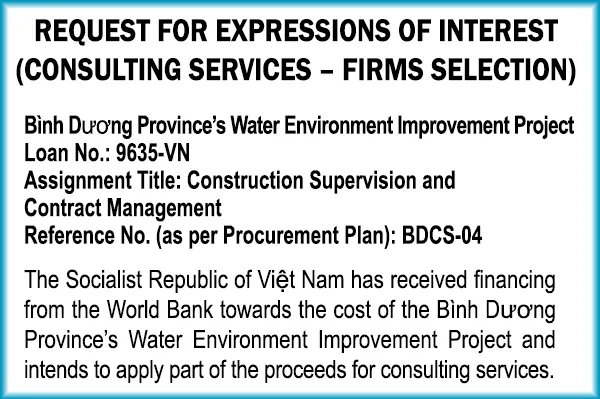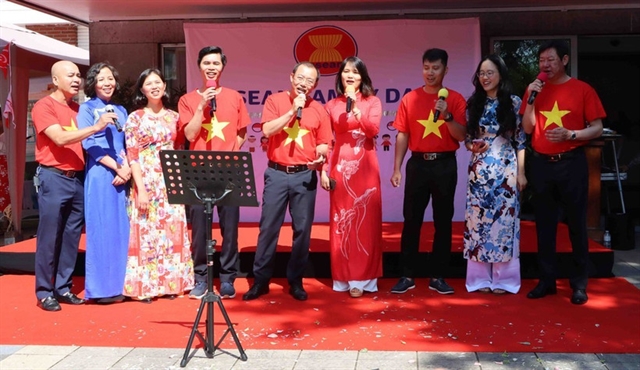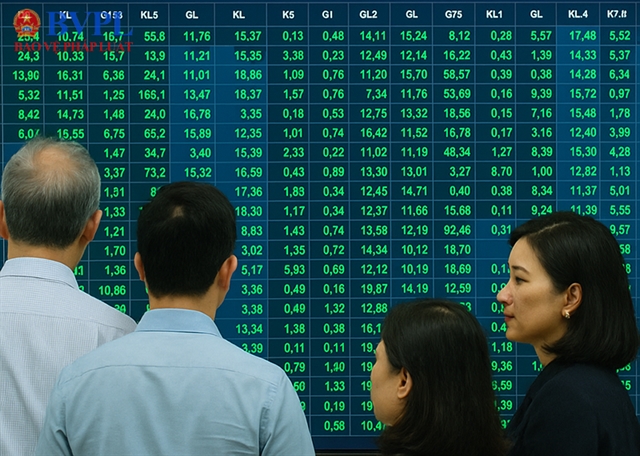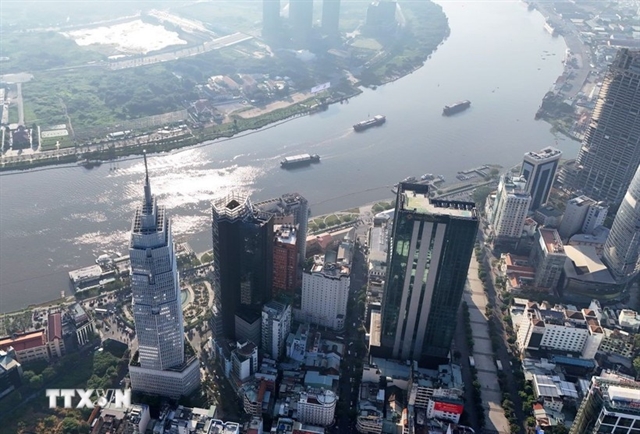Viet Nam News BRASÍLIA — Brazil’s prosecutor general sought Tuesday to open probes against scores of politicians in a dramatic widening of an already vast graft scandal shaking Latin America’s biggest country.
Although the names of those being targeted remained sealed, Brazilian media quoted anonymous sources confirming expectations that the list contained a Who’s Who of the political elite.
Several Brazilian news sites said at least five ministers in President Michel Temer’s government were in the crosshairs, including his recently appointed new foreign minister Aloysio Nunes, as well as the presidents of both houses of Congress.
Leftist ex-president Dilma Rousseff and her predecessor and mentor Luiz Inacio Lula da Silva, a huge figure on the Brazilian political scene, were also on the list, Brazilian media reported.
Prosecutor General Rodrigo Janot sent a request to open a total of 83 corruption probes to the Supreme Court, which handles cases involving serving members of Congress or the government, his office said in a statement.
Janot also asked the court to unseal the cases so that the details can be made public, "considering the necessity to promote transparency and to safeguard the public interest."
It was not clear how quickly the Supreme Court would give its response.
Plea bargain testimony
The complaints against the politicians ramp up the so-called Car Wash probe, which has uncovered massive embezzlement and bribery based on state-oil company Petrobras.
The accusations in Janot’s list are based on a deluge of testimony given in connection with plea bargains struck with 77 former executives of the giant Odebrecht construction firm, which was at the heart of the Petrobras scheme.
The former Odebrecht employees, including ex-CEO Marcelo Odebrecht, have confessed to systemic bribery of politicians in exchange for inflated contracts with Petrobras and favorable legislation in Congress. The money went either directly into politicians’ pockets or into party campaign slush funds.
Speculation has been mounting over possible damage to Temer’s center-right government. Several ministers have already had to resign due to involvement in the Car Wash scandal since Temer took power last year.
Temer himself has previously been implicated in Odebrecht testimony for allegedly asking for unregistered campaign donations to his PMDB party. He says that he did nothing illegal and there was no immediate indication that he would face a probe by Janot.
Temer is also involved in a separate case at the Supreme Electoral Court which is looking into whether his 2014 election as vice president on the ticket with then president Rousseff benefitted from campaign slush funds.
The court could, in theory, annul the election’s result, creating yet another wave of instability for Brazil, which is mired in its worst recession in history.
’End of the world’?
After seemingly endless revelations of high-level corruption connected to Petrobras, political parties and major contractors, the Odebrecht testimony has been likened in the capital Brasilia to the end of the world.
Tension has been rising since last week as Brazilian media continuously reported that Janot was on the point of making his bombshell request to the Supreme Court, only for another day to pass without incident.
Now that Janot has pulled the trigger, the focus will shift to the political fallout at a time when the deeply unpopular Temer is trying to guide market reforms through Congress in a bid to put Brazil’s economy back on its feet.
In addition to the 83 cases against politicians handled by the Supreme Court, Janot requested the opening of 211 cases against others under the jurisdiction of regular courts.
The stipulation that the Supreme Court handles any serving member of Congress and the cabinet is seen as a form of protection for politicians, since the highest court works slowly. Estimates are that it could take years for the court to pronounce a sentence in the current cases -- if they get to trial at all.
Many of those outside the Supreme Court’s jurisdiction -- including Lula, as an ex-president -- face Operation Car Wash’s implacable chief judge Sergio Moro.
Lula is already accused of taking bribes from Petrobras contractors in separate investigations and faces five trials. He denies any involvement in corruption and says the legal onslaught is designed to stop him seeking re-election in 2018. — AFP
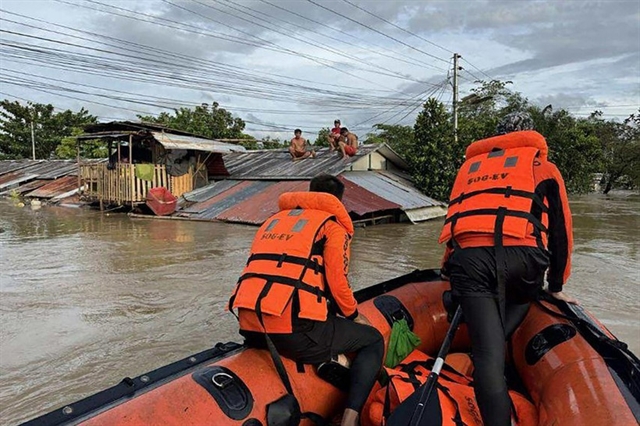 World
World
